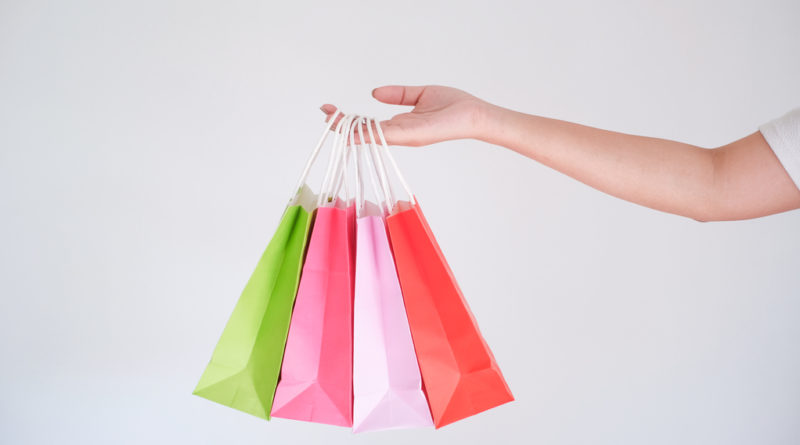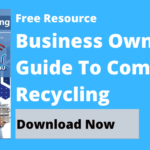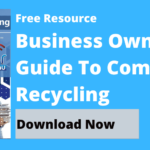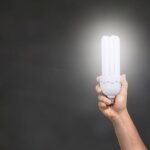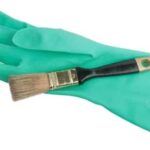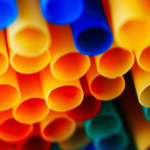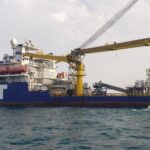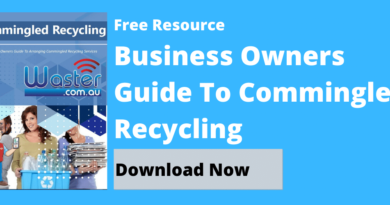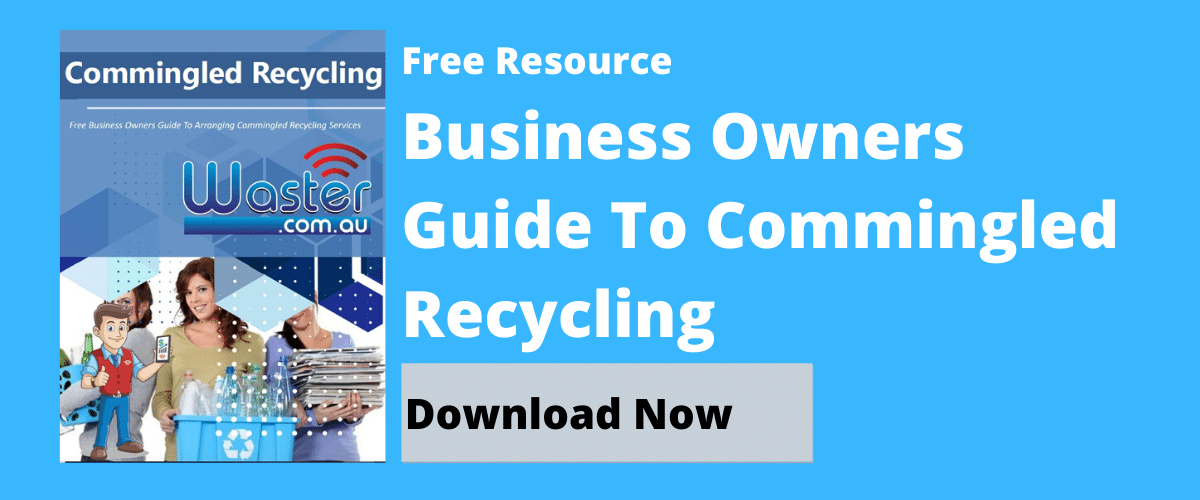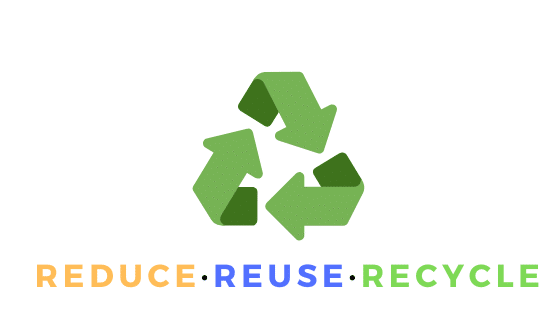LDPE Recycling ♶ – Can You Recycle Type 4 Plastics?
Energy Disrupter
LDPE Recycling ♶: How do we determine a plastic’s recyclability? That answer lies in its SPI code. For this blog, I will give an overview of the different types of plastics but will focus more on recycling LDPE: type 4 plastic. Read on to learn more.
>Download Now: Free PDF Business Owners Guide To Commingled Recycling Bin Services
A bit about Waster
Before I discuss LDPE recycling, let me share with you more information about Waster.
We here at Waster provide you with innovative solutions for you and your business’s waste management and recycling needs. Furthermore, we provide flexible, 30-day contracts instead of the typical lock-in contracts, which proves to be better.
Click on the blue button to learn more.
Recycling LDPE (#4) plastic
Are you familiar with LDPE or number 4 plastic? If not, then we will discuss it here.
First off, LDPE is an abbreviation of the plastic Low-Density Polyethylene. IT is considered a thermoplastic manufactured from the monomer ethylene. It is known for being a transparent kind of plastic, as well as being tough and flexible.
For us to get a better grasp of LDPE, I will first give you a general background on all types of plastic. Basically, there are 7 types of plastics. The number is a resin identification code that helps recycling facilities sort out the different kinds of plastics. You won’t have a problem determining what they are because manufacturers of different kinds of products usually print out an item’s recycling symbol number. But nevertheless, let me give you a general background of the plastic types before moving on to LDPE below.
Different kinds of plastics
It is hard to determine whether a plastic item is recyclable or not. The product might have a “recyclable” label engraved on it, but that does not mean your local council will accept them right away. It is best to contact local authorities first before putting a plastic product in the kerbside recycling bin.
With that being said, it is still important to know the different kinds of plastic before jumping straight to LDPE recycling to give you a better understanding of what to – and not to – recycle. Here are the different plastic types. Additionally, I will classify them based on how easy or difficult it is to recycle each one type:
Easier ones
- PET or Polyethylene Terephthalate – most commonly found in soda, water and juice bottles
- HDPE or High-Density Polyethylene – milk jugs, household carpet cleaner and detergent containers – and also some plastic bags
Moderate ones
- PVC or Polyvinyl Chloride – plumbing pipes, windows, and in some cases, cooking oil and shampoo bottles
- LDPE or Low-Density Polyethylene – frozen food containers, condiment bottles and shopping – even produce bags
- PP or Polypropylene – Tupperware boxes, medicine bottles and ketchup bottles
Harder ones
- PS or Polystyrene (what we commonly know as Styrofoam) – takeaway coffee cups and egg cartons
- Mixed Plastics or Other Plastics
We made a blog on recycling numbers that you can also read if you want more information on the different types of plastic.
[embedded content]
Further information on LDPE recycling
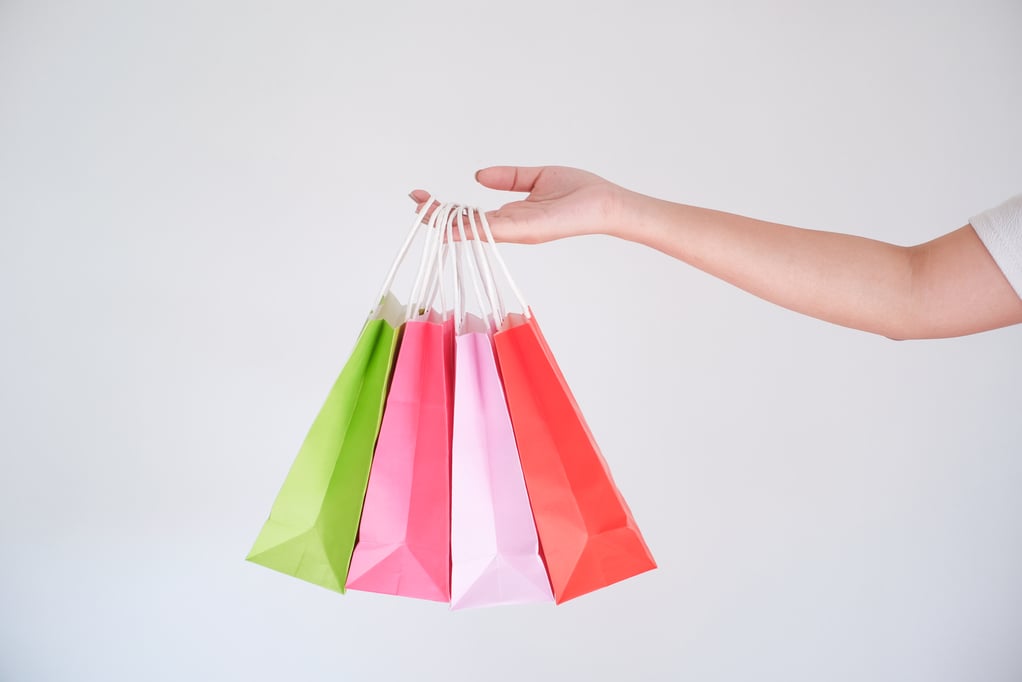

Now that I have discussed the different kinds of plastics, you can now know what you should and should not recycle. In saying this, let us move on to the next topic, which is recycling LDPE plastic. Even though it is not as common as recycling type 1 and 2 plastic, LDPE plastics are now getting more traction because of many consumers buying products that contain such plastic.
In recycling your LDPE products, here is what you should do:
Ask for instructions first from your local council before doing anything else. If they accept LDPE for recycling, then you can go ahead and put them in the kerbside recycling bin. Follow the instructions laid out by your local waste authority. Furthermore, if they do not accept such plastics, there are other alternatives who can help you. One example is REDcycle, where they accept different kinds of plastics – including LDPE 4 – they can recycle. You only need to collect them and drop them off at the given locations; REDcycle has partnered up with many Australian supermarkets that you can choose from.
And, remember to always collect them in bulk if you wish to recycle them. Remove their labels and other unnecessary non-plastic parts before recycling LDPE.
See our blog on waste recycling Sydney.
LDPE recycling: conclusion
Remember that the higher the recycling symbol number, the less chance of the plastic product being recycled in your local waste facilities. But, good news: LDPE recycling number 4 is slowly getting more recognised as something that is commonly recycled. And it is not farfetched to say that in the future, we can fully recycle all kinds of plastics with ease.
Recycling LDPE and other types of products through Waster
There are plenty of LDPE products that can be thrown in your kerbside recycling bin (e.g., bottles). Waster provides commingled recycling bins for small and medium businesses in Australia. Check it and our other services out by clicking the blue button located at the upper part of the blog.
Picking Waster: 3 reasons
All across Australia, you can find all sorts of waste management and recycling services providers. “How can I ensure that Waster, the waste management company with good reviews, will fulfil their services with efficiency?” Well, you will have to book and find out about our services!
Why should you pick Waster? Here are some reasons:
- You pay exactly what you asked for – and not a dollar more! For your waste management and recycling needs for your waste, avail of our flexible, 30-day contracts instead of those long, unproductive, and hidden fee-containing lock-in contracts.
- Designed for small and medium businesses – we help you reduce cost while boosting recycling. That’s a win-win situation!
- On-time and reliable – we provide fully accredited logistics and facility operators. By saying so, we ensure the safety and efficiency of our services.
Waster enables many Australian businesses to access the cheapest bin collection, removal and disposal prices there are in the Australian garbage market. A statement from our very own states that it “requires no lock-in contracts, no unjustified rate increases and no hidden costs“ and operates in all metro regions throughout Australia.
Waster: things you need to know
If you’re looking for recycling bins, check our waste recycling shop and find the best deals in terms of pricing and services.
Also, please call 1300 WASTER (1300 927 837), or email us at [email protected] if you have any further questions.


